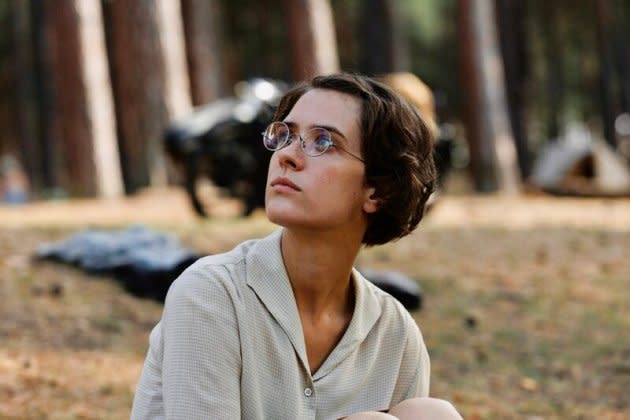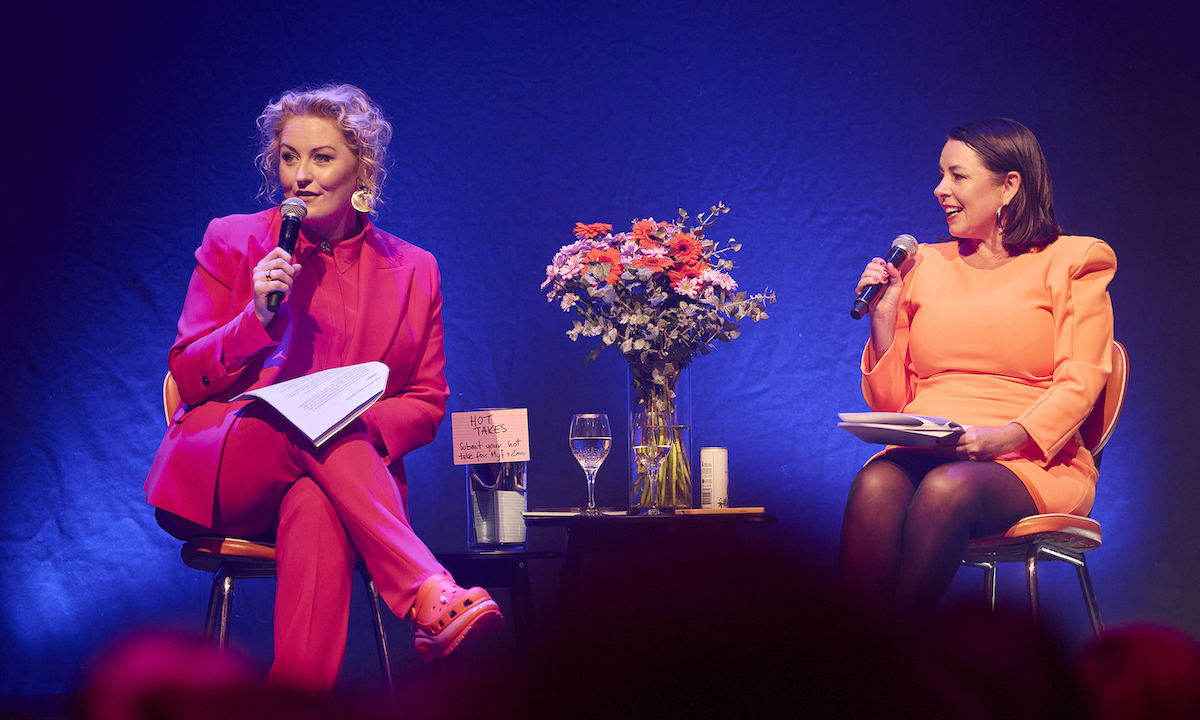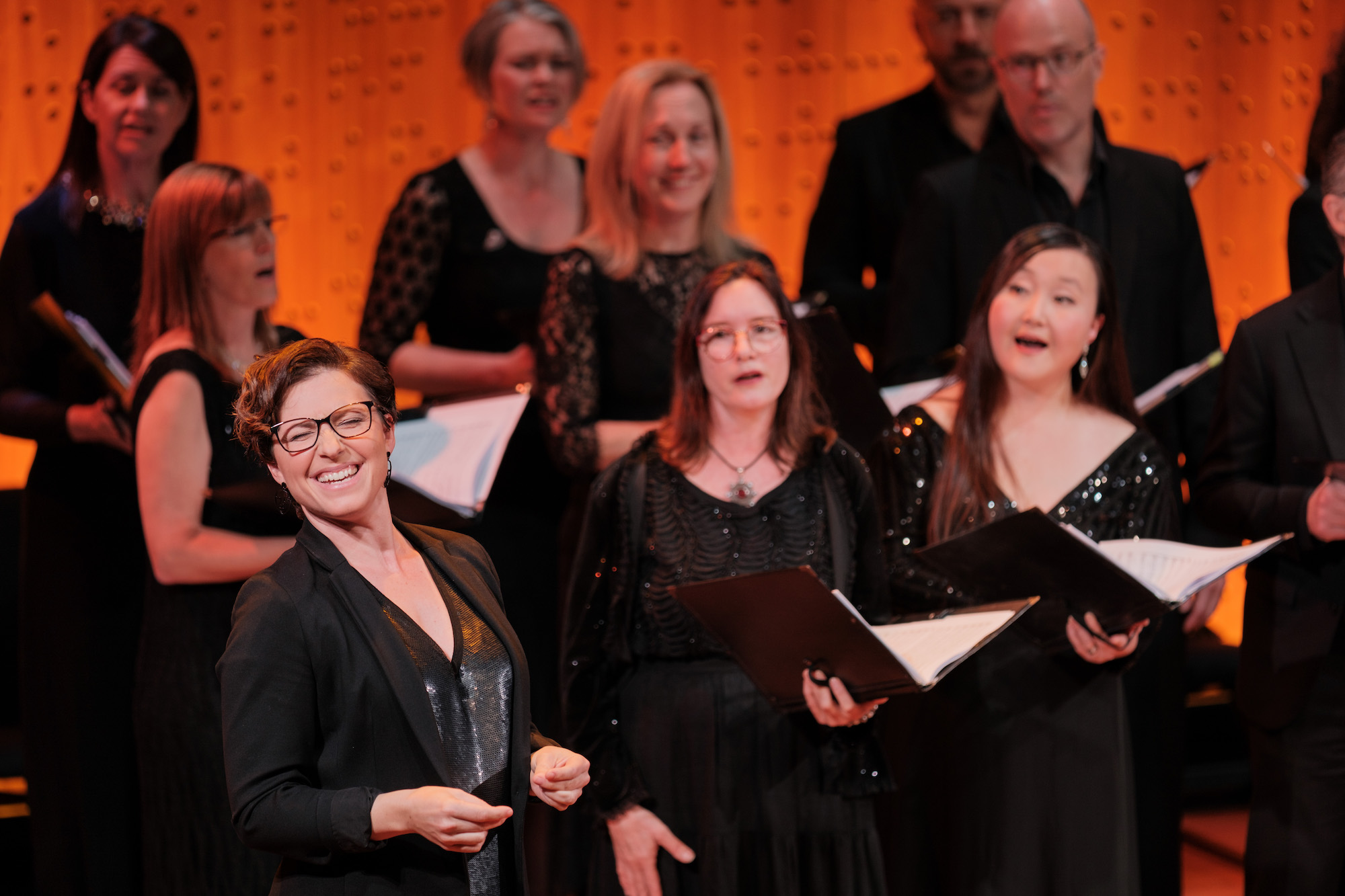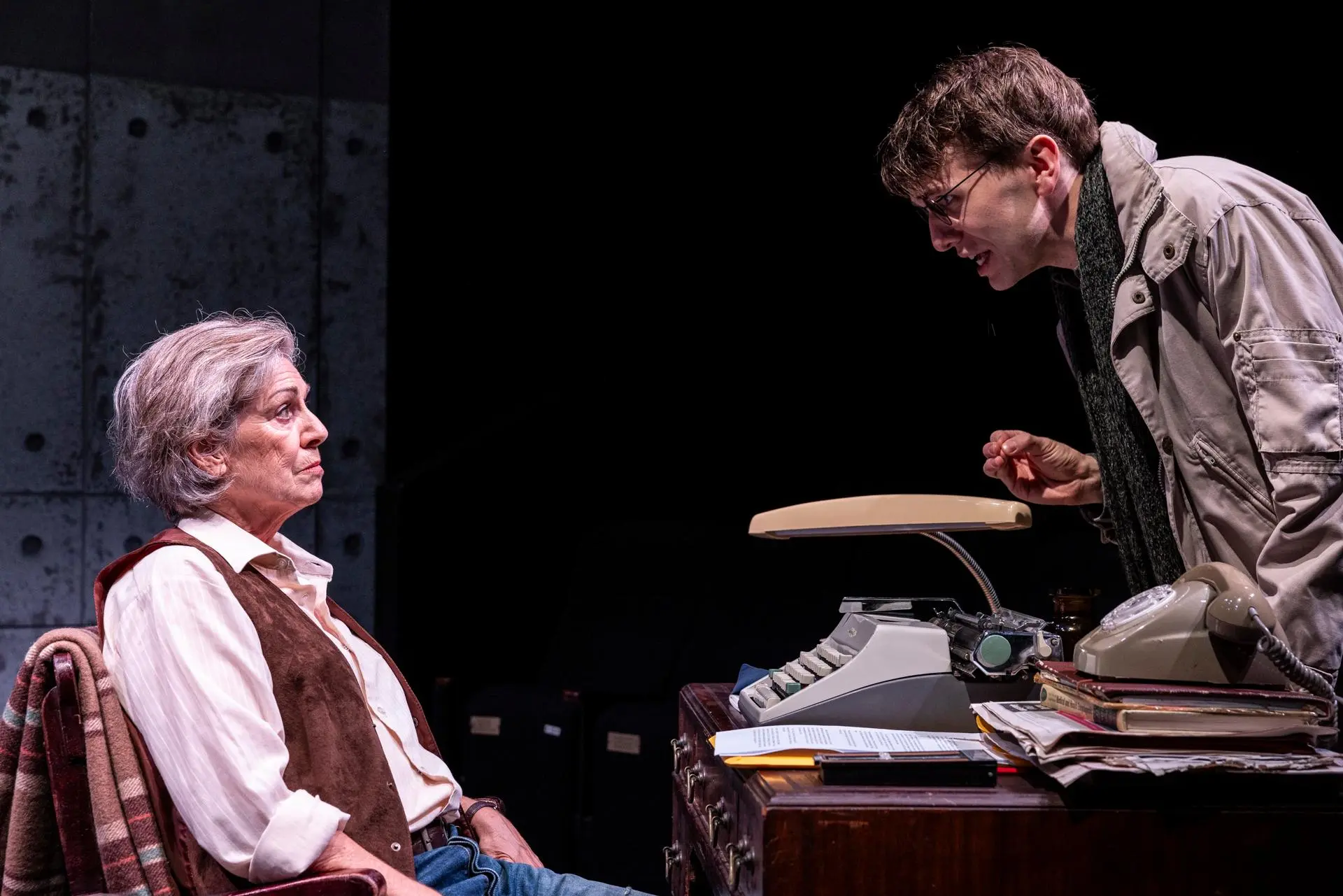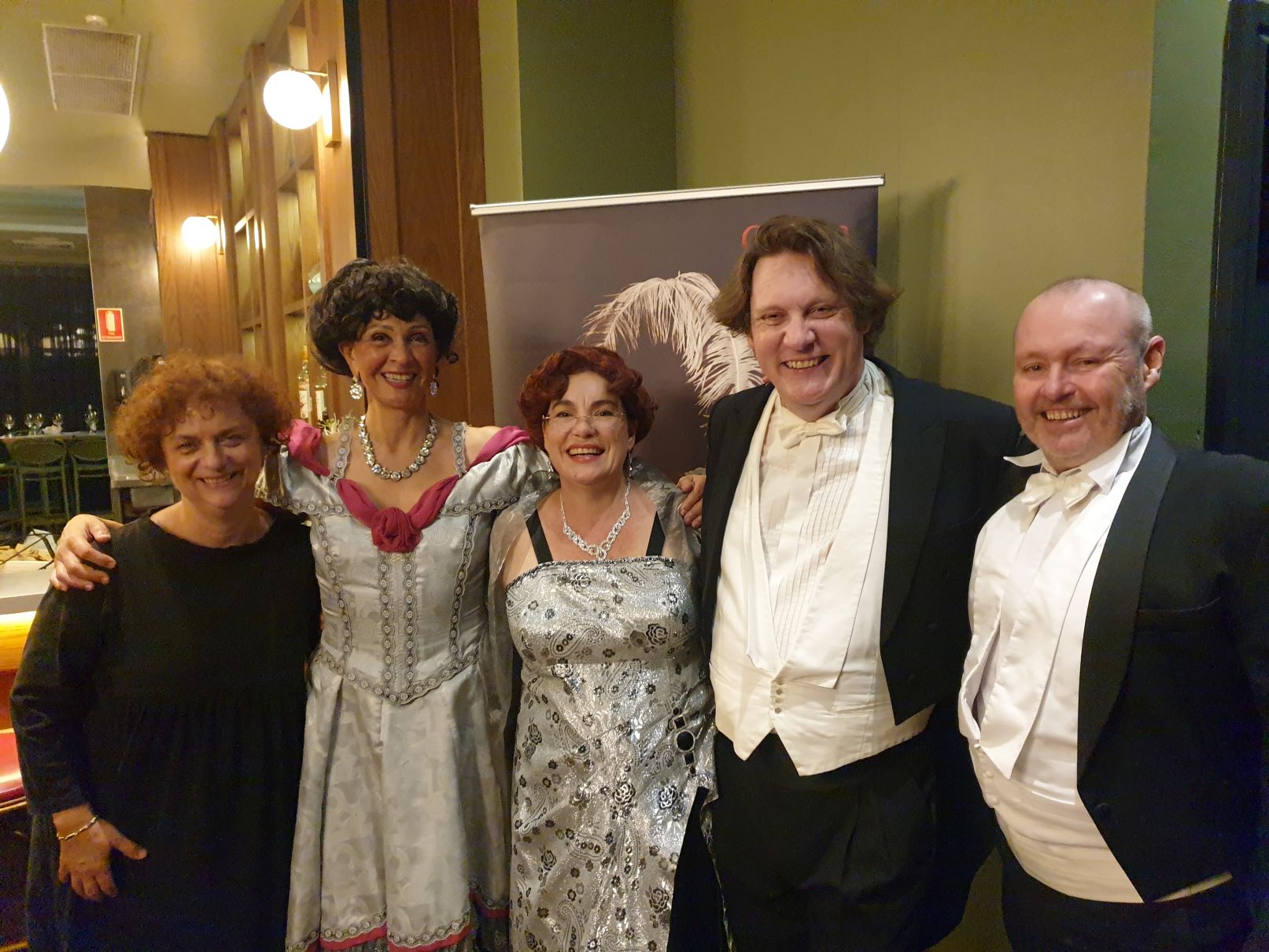
Paying for your art

When a person has an artistic vision or dream they simply want to be seen or heard, they aren’t necessarily in it for the financial rewards. Now with the reduced government funding for arts and culture programs it has become harder and harder for these people to achieve this, which is why not-for-profit (NFP) organisations such as Word Travels, The Red Rattler, Gratia and now even Tropfest have become increasingly important.
Co-Founder of The Red Rattler Teresa Avila reflected sentiments of the wider arts community by saying: “Now that the political environment is f***ed and there is basically no arts funding available, it’s more important than ever to keep these types of venues sustainable, autonomous and without the massive need for external funding from the government or corporate entities.”
In order to finance and support these NFP entities, Australia is going to have reconsider how they value art and creativity and the means by which it is funded. For Word Travels founder Miles Merrill it is not about whether something has a dollar value attached to it or can compete in a market economy, rather “there are certain parts of culture and human experience that we have to value”. Poet Kaveh Arya added that “without a strong arts community we come very culture poor”.
The decisions made by the government have essentially forced the hand of some within the arts community, Tropfest for example has recently announced that as they progress into the future they will now be NFP. “This was not a decision made overnight. In saying this, we truly feel that this is the right step for Tropfest. A move to NFP ensures that we will have the appropriate governance, structures and financial sustainability to ensure we grow as a business, in turn creating programs and pathways for Australian filmmakers,” explained General Manager Ben Bartlett.
The Red Rattler has been a NFP, community-focused organisation since its inception in 2008, and Word Travels have been operating under this business model since 2010. Both of these organisations have been leaders in the sector and have many lessons to teach others as they enter into the space.
From The Red Rattler’s perspective the biggest thing they can teach others is the amount of sacrifice and hard work it requires to simply keep the doors open whilst also growing and securing other external finance methods.
“Opening The Rat was a pretty big endeavor for five people, we had to put ourselves into personal debt because we had $200,000 in startup costs just to convert the dirty greasy space into the venue on top of the $600,000 mortgage between the five of us. Which as struggling artists was a bit of a stretch,” reflected Avila.
Over the years however the organisation has managed to slowly sell off those founder shares to the business itself in order to become 60 percent community owned as it currently stands, with the final 40 percent to be sold off over the next two years.
More recently though The Red Rattler has been granted Deductible Gift Recipient (DGR) status, which allows for anybody to make a tax-deductible financial donation to the venue. “We’ve been going through that process for at least four years because there are a lot of regulatory requirements that have to be met,” explained Janine Marshman, Director of The Red Rattler. Gaining this status will allow the organisation to “support programs within the space and support artists presenting their work at the venue”.
Word Travels founder Miles Merrill told City Hub how becoming a NFP entity was a lot more work than many would think looking in from the outside, but it also has some very important advantages.
“There’s a lot of spreadsheets and administration, or what I call the boring side of fun, so you have to be excited and dedicated to the outcomes and final results.”
The major advantage to becoming an NFP entity though was that it allowed Merrill to “negotiate and coordinate lots and lots of different events and programs around the country with a lot more leverage and clout than I would have had acting as an individual”.
From the artists’ perspective, working with NFP organisations is much less stressful and simply allows the artist to focus on producing their best work possible. As Kaveh Arya explained, “they’re much more friendly to art, artists and progressive thinkers because of their ideology. There is a sense that you’ve been given an opportunity by somebody else who cares enough about your work to allow you to go out there and do your best without worrying about being hit with a bill that you can’t afford at the end of the day.”
Gratia cafe in Surry Hills is yet another business that has forgone the opportunity to make profits in order to support their community and local artists instead. They operate under a philosophy of “profit for purpose” where they donate 100 percent of their profits to foster positive change in the world. Not only do their financial profits go to supporting worthy causes, but they also provide a space for emerging artists of all types to showcase their work and skills.
Now with the funding cuts across the board all of the NFP organisations in Sydney are feeling the added pressure to continue to offer opportunities and accessible spaces for emerging artists.
As we can see though, thankfully there are a number of people offering their expertise and acting as philanthropists in order to ensure that our society doesn’t become “culture poor” and devoid of “critical thought, dialogue and debate over critical issues”, in the words of Arya.
“As the philanthropy landscape develops in Australia you will find more and more arts organisations going down the NFP path, which will mean they end up having a greater integrity and more freedom with their decision making,” added Merrill.


